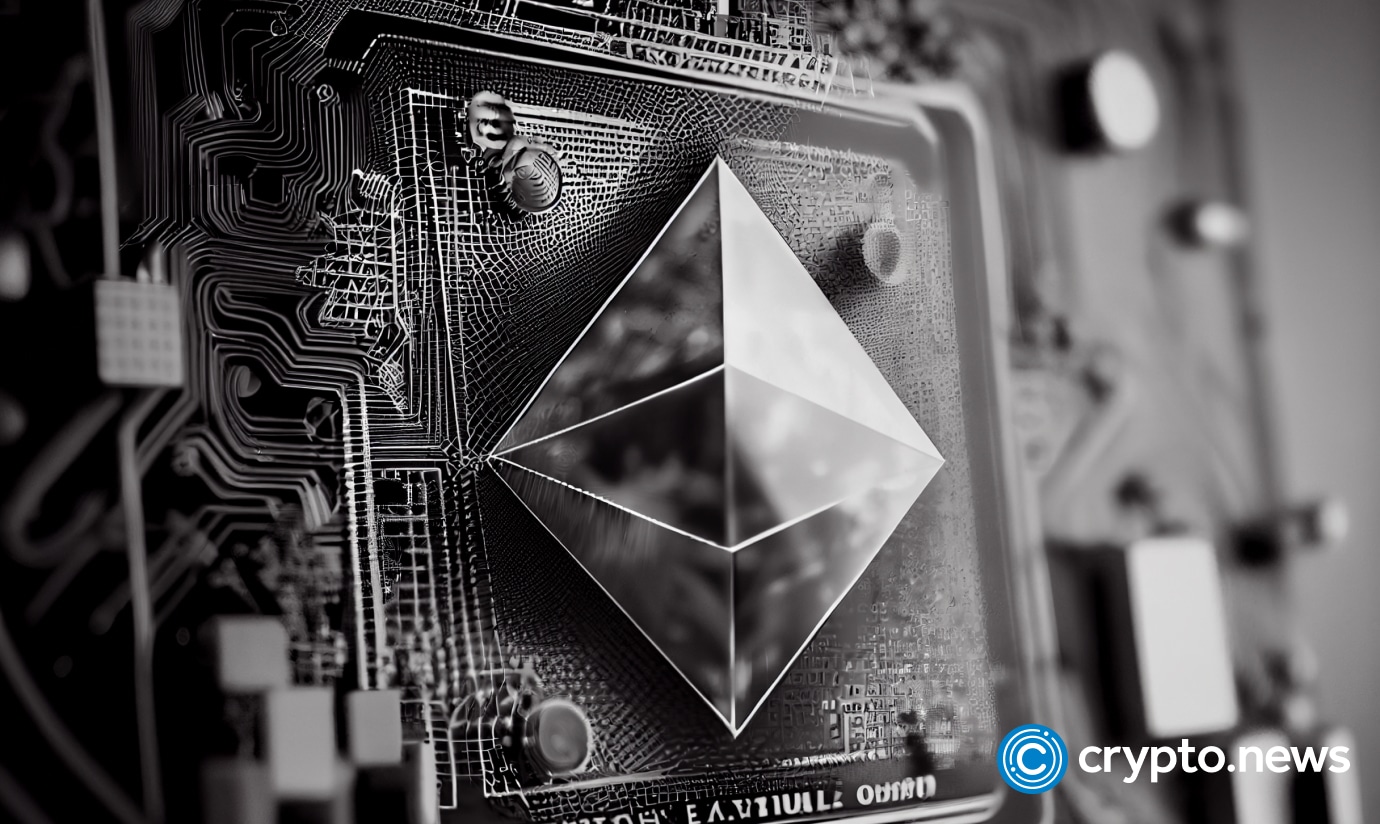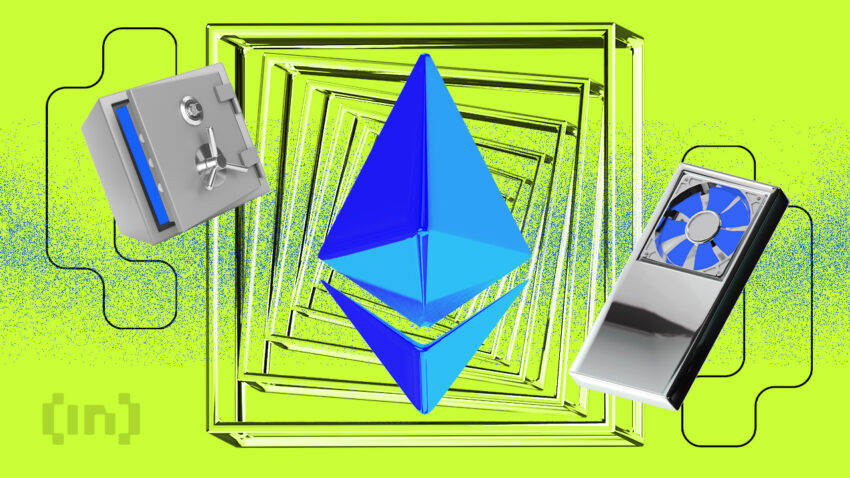
2024-3-14 19:56 |
In a groundbreaking move for the Ethereum blockchain, the much-anticipated Dencun upgrade has been successfully activated, signalling a landmark moment in the pursuit of reduced data fees and enhanced scalability.
Concurrently, the Blast Network faced a temporary pause in block production, underlining the intricacies involved in implementing crucial upgrades.
Ethereum Dencun upgrade boosts Layer-2 networksThe Dencun upgrade, heralded as Ethereum’s most significant since the Merge, was activated at Ethereum epoch 269,568, precisely at 13:55 UTC on March 13.
The primary objective of this upgrade is to revolutionize the way data is stored on the Ethereum blockchain, introducing a concept known as “proto-danksharding.” This innovative approach provides a dedicated space for data storage, distinct from regular transactions, and is expected to operate at a lower cost.
One of the standout features of Dencun is its potential to significantly reduce transaction fees for layer-2 (L2) networks.
L2 networks, including Arbitrum and Polygon, stand to benefit from the upgrade’s focus on enhancing data availability, thereby lowering costs associated with transaction processing.
However, the implementation of Dencun is not without its challenges, as evidenced by the temporary pause in block production on the Blast Network.
Blast Network temporarily pausedBlast Network, a relatively new Ethereum layer-2 scaling solution, temporarily halted block production due to issues arising from the Dencun upgrade.
The Blast Mainnet has stopped producing blocks due to issues related to Ethereum’s Dencun upgrade.
Core engineering contributors are working on a fix. We’ll share an update and post-mortem once the fix is live (eta 30-60 min).
Launched on February 29, 2024, Blast had amassed billions in crypto assets through its Ethereum bridge, garnering widespread attention in the crypto space.
The team behind Blast, including minds from the Blur Ethereum NFT marketplace and programmer Pacman, swiftly responded to the challenges posed by the Dencun upgrade, with a dedicated effort to find and deploy a fix.
Update: the issue has been resolved.
A full analysis on the issue will be shared shortly. https://t.co/Ggw05W3g3b
The temporary halt of Blast Network serves as a reminder of the intricacies involved in adapting to significant blockchain upgrades.
However, the quick response from the Blast team, resolving the issue within a relatively short timeframe, underscored the commitment to maintaining the network’s functionality and reliability in the face of unexpected challenges.
Layer-2 tokens surge following Dencun’s activationWhile Blast Network faced temporary disruptions, native tokens of prominent layer-2 networks experienced significant gains in the wake of the Dencun upgrade.
Tokens such as Polygon (MATIC), Arbitrum (ARB), and Metis (MTS) surged by 8%-10% before the upgrade, with a subsequent retracement of some gains post-activation.
However, despite the retracement, these tokens were still up by 4%-9% over the past 24 hours by the time of writing, outperforming the broader market.
The introduction of proto-dank sharding, a key component of the Dencun upgrade, aims to make transactions on layer-2 solutions more efficient and cost-effective.
The upgrade enables layer-2 networks to post data to Ethereum in a dedicated space, separate from traditional transactional data fields making settling data for rollups more streamlined and affordable, ultimately benefiting end-users by reducing fees.
The post Ethereum activates Dencun upgrade, Blast halts and restarts as Layer 2 tokens rise appeared first on Invezz
origin »Bitcoin price in Telegram @btc_price_every_hour
Ethereum (ETH) на Currencies.ru
|
|



